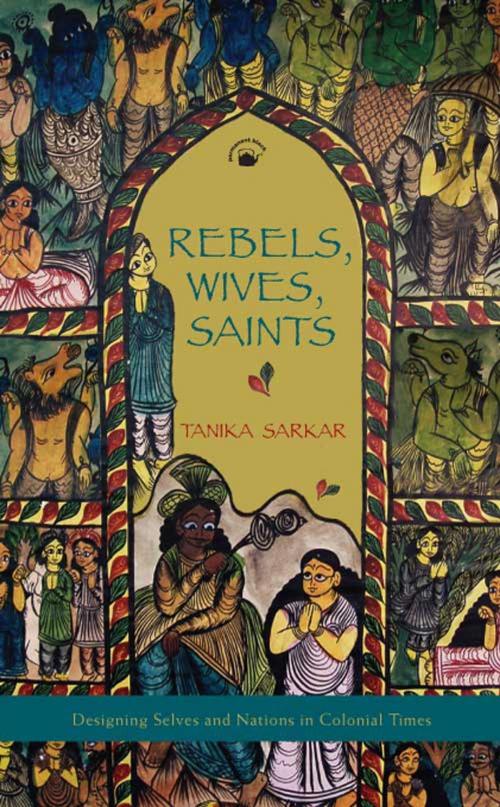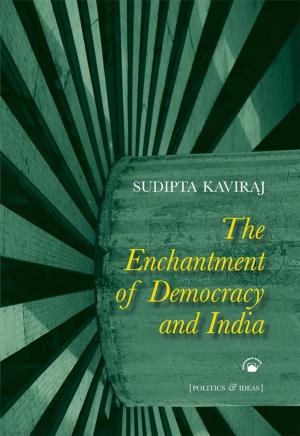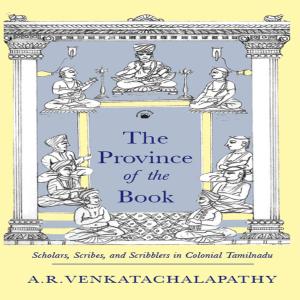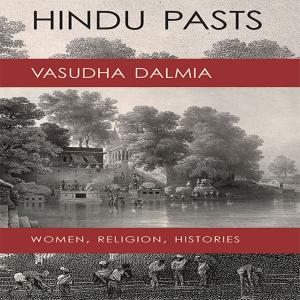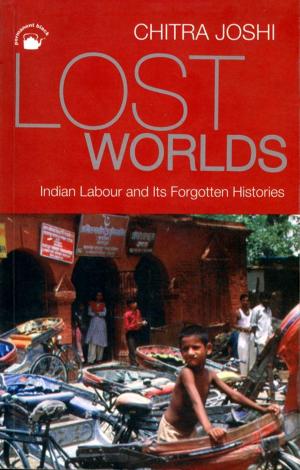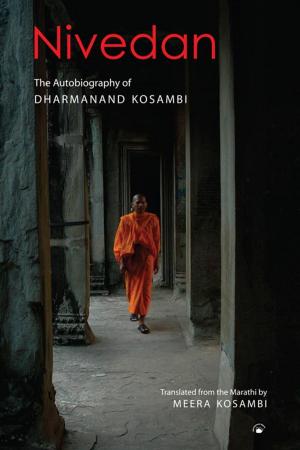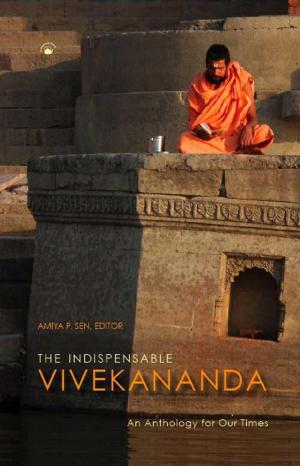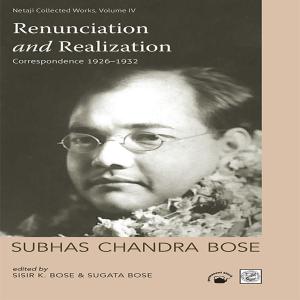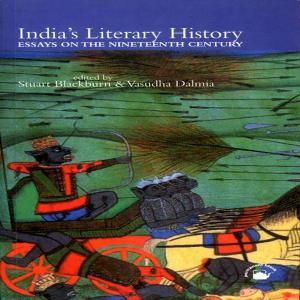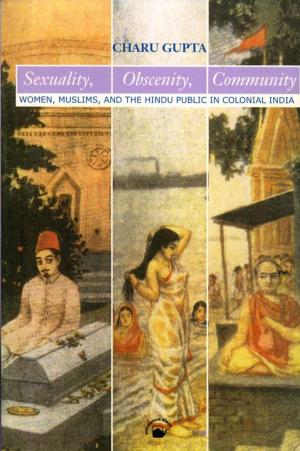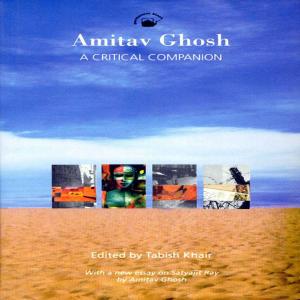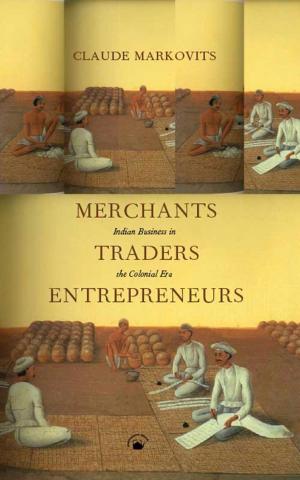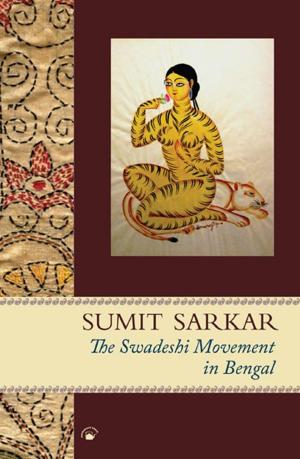Rebels, Wives, Saints
Designing Selves and Nations in Colonial Times
Nonfiction, Social & Cultural Studies, Social Science, Gender Studies, Women&, Political Science| Author: | Tanika Sarkar | ISBN: | 9788178244075 |
| Publisher: | Permanent Black | Publication: | December 13, 2012 |
| Imprint: | Language: | English |
| Author: | Tanika Sarkar |
| ISBN: | 9788178244075 |
| Publisher: | Permanent Black |
| Publication: | December 13, 2012 |
| Imprint: | |
| Language: | English |
Tanika Sarkars writings on women, religion, and nationhood in the context of colonial Bengal have been pathbreaking. In this new book of connected essays, she gives a new direction to the same themes, this time by focusing on some of the key historical texts within which these identities were given shape. The colonial universe outlined in this book centres around woman as both defiled and deified (woman as widow, woman as goddess); the nation as woman-goddess within a country comprising plural traditions; male reformers battling Hindu conservatives; a Hindu novelist idealizing nationalism as the demolition of Muslim symbols; and male-dominant social norms threatening principles of softness and femininity. While this is at one level a book of discrete essays, it is simultaneously a book about the structure of the early colonial universe in India, a world of linked coherences and incoherences, of arguments and oppositions to those arguments. This book will consolidate Tanika Sarkars reputation as one of Indias foremost historians on women, power, and culture in colonial times.
Tanika Sarkars writings on women, religion, and nationhood in the context of colonial Bengal have been pathbreaking. In this new book of connected essays, she gives a new direction to the same themes, this time by focusing on some of the key historical texts within which these identities were given shape. The colonial universe outlined in this book centres around woman as both defiled and deified (woman as widow, woman as goddess); the nation as woman-goddess within a country comprising plural traditions; male reformers battling Hindu conservatives; a Hindu novelist idealizing nationalism as the demolition of Muslim symbols; and male-dominant social norms threatening principles of softness and femininity. While this is at one level a book of discrete essays, it is simultaneously a book about the structure of the early colonial universe in India, a world of linked coherences and incoherences, of arguments and oppositions to those arguments. This book will consolidate Tanika Sarkars reputation as one of Indias foremost historians on women, power, and culture in colonial times.
